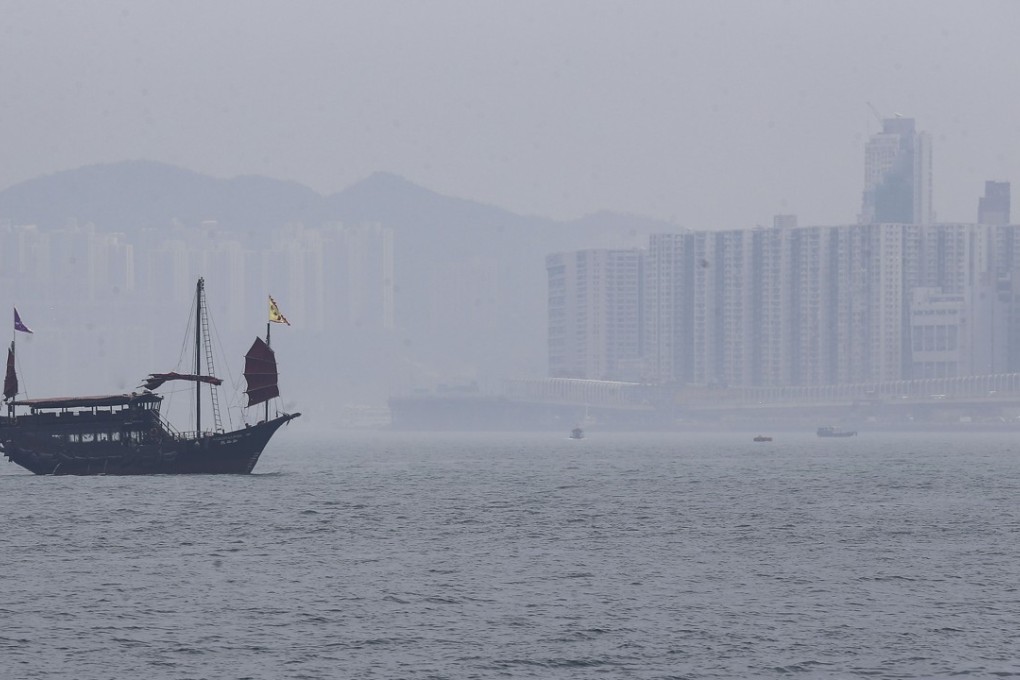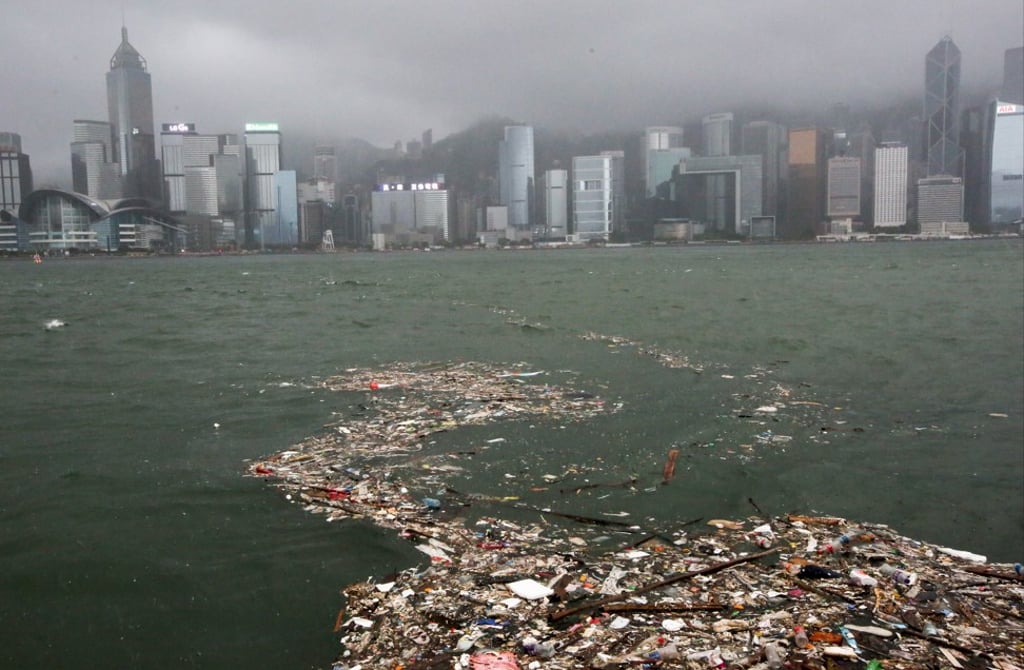Why a safe environment is a human right: Hong Kong groups’ submission to UN on sustainable development
Civil society groups hope to put pressure on Hong Kong government to tackle air, soil and water pollution, and measure their impact on health, by making submission to United Nations review of progress on sustainable development

A Hong Kong campaign that ties human rights to the environment has united dozens of civil society groups, who have signed and sent a joint submission to the United Nations.
Spearheaded by Simon Henderson from Justice Centre Hong Kong, under the banner of the Hong Kong Universal Periodic Review coalition, the submission is the result of more than 100 meetings and five workshops held since last July.
Five gadgets for cleaner air in your home and fewer pollutants in your lungs
Although the submission, sent to the UN on March 29, covers many human rights issues as part of a UN five-year review, it is the first time a group in Hong Kong has adopted the global rights framework to push for action on the environment.
They are asking the Hong Kong government to tackle air, soil and water pollution, measure how it affects health, and gather data on progress towards reaching the UN’s 17 Sustainable Development Goals.
“We want to increase attention on the human rights situation in Hong Kong, whether it is environmental or other rights, making sure Hong Kong is not forgotten,” says Henderson, a senior policy adviser at Justice Centre Hong Kong, a non-profit human rights organisation. “Our goal is to increase the accountability and transparency of the Hong Kong government.”

The move comes as governments, businesses, lawyers and academics around the world insist that human rights and the environment are intertwined.